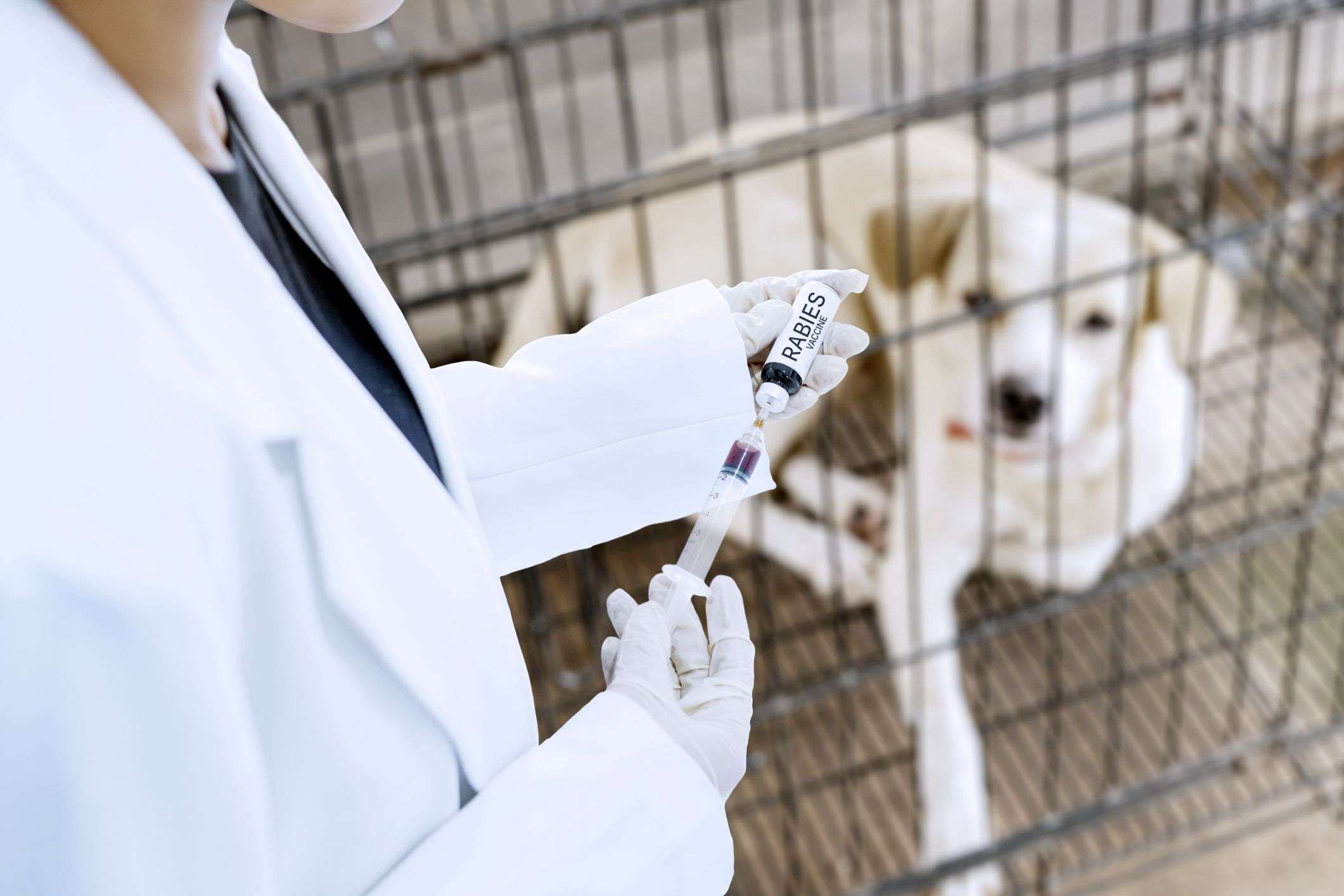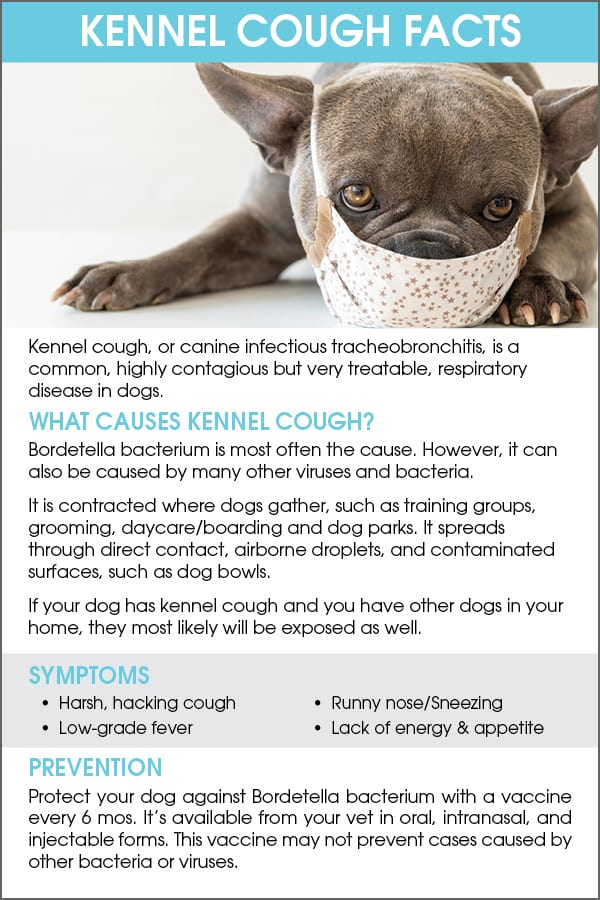The List of Dog Vaccines provides essential information on the vaccines necessary to protect your furry friend's health.
Key Takeaways:
- Dog vaccines are essential for preventing and controlling various infectious diseases in dogs.
- Core vaccines, such as those for rabies and distemper, are recommended for all dogs regardless of their lifestyle or environment.
- Non-core vaccines, such as those for Lyme disease or kennel cough, may be necessary depending on a dog's risk factors and exposure.
- Vaccines should be administered according to a schedule recommended by a veterinarian to ensure optimal protection and effectiveness.
- Vaccine reactions are rare but possible, so it is important to monitor dogs after vaccination and report any adverse effects to a veterinarian immediately.
What are vaccines and why are they important for dogs?
Vaccines are substances that help protect dogs from harmful diseases. They work by stimulating the dog's immune system to produce antibodies, which are special proteins that fight off specific diseases. When a dog is vaccinated, it becomes less likely to get sick if it comes into contact with those diseases.
Vaccines are important for dogs because they can prevent serious illnesses and even save lives. Just like humans, dogs can catch diseases that can make them very sick or even cause death. Vaccinating your dog helps to build up its immunity and reduce the risk of these diseases.
By getting your dog vaccinated, you not only protect its health but also contribute to the overall well-being of other dogs in the community. Vaccines help create what is called "herd immunity," which means that when a large number of dogs are protected against a disease, it becomes harder for that disease to spread. This is especially important for puppies and older dogs who may have weaker immune systems.
When should puppies start getting their first shots?
Puppies should start receiving their first shots when they are around 6-8 weeks old. At this age, their mother's antibodies, which provide some protection against diseases, begin to decrease. By giving puppies their first shots at this time, we can ensure that they start building their own immunity.
The initial set of vaccinations typically includes shots for distemper, parvovirus, hepatitis (adenovirus), and parainfluenza. These vaccines help protect puppies from some of the most common and dangerous canine diseases.
It's important to follow a vaccination schedule recommended by your veterinarian as different vaccines require multiple doses given at specific intervals. This ensures that your puppy receives optimal protection against various diseases as it grows.
Common dog diseases that can be prevented through vaccination
Vaccinations can prevent several common and potentially life-threatening diseases in dogs. Some of these diseases include:
- Distemper: A highly contagious viral disease that affects the respiratory, gastrointestinal, and nervous systems of dogs.
- Parvovirus: A viral infection that causes severe diarrhea, vomiting, and dehydration in dogs. It is especially dangerous for puppies.
- Hepatitis (Adenovirus): A viral infection that primarily affects the liver and can cause serious illness in dogs.
- Rabies: A deadly viral disease that affects the nervous system of mammals, including dogs. It can be transmitted to humans through bites or scratches from infected animals.
- Bordetella: Also known as kennel cough, this bacterial infection causes a persistent cough in dogs and is highly contagious in environments where dogs are in close proximity to each other.
Vaccinating your dog against these diseases significantly reduces the risk of them getting sick or spreading the diseases to other animals. It's important to consult with your veterinarian to determine which vaccines are necessary based on your dog's lifestyle and potential exposure risks.
How often do adult dogs need booster shots to stay healthy?
To maintain optimal protection against diseases, adult dogs usually require booster shots at regular intervals. The frequency of booster shots depends on various factors such as the type of vaccine, the dog's age, lifestyle, and risk factors for specific diseases.
In general, core vaccines like distemper, parvovirus, adenovirus (hepatitis), and rabies are recommended every 1-3 years for adult dogs. These vaccines provide protection against diseases that are widespread and pose a significant risk to dogs.
Non-core or optional vaccines, such as those for Lyme disease or canine influenza, may be recommended based on the dog's lifestyle, geographic location, and exposure risks. The frequency of booster shots for these vaccines can vary, so it's important to consult with your veterinarian to determine an appropriate schedule.
Regular veterinary check-ups are essential for assessing your dog's vaccination needs and ensuring they receive timely booster shots to stay healthy.
Side effects and risks of dog vaccines
While vaccines are generally safe and well-tolerated by dogs, there can be some mild side effects that usually go away on their own within a few days. These side effects may include:
- Mild swelling or tenderness at the injection site
- Lethargy or decreased activity
- Mild fever
- Loss of appetite
Serious side effects from vaccinations are rare but can occur in very rare cases. These may include severe allergic reactions or anaphylaxis. It's important to discuss any concerns about potential side effects with your veterinarian before vaccinating your dog.
The benefits of vaccination far outweigh the minimal risks associated with them. Vaccines have been extensively tested for safety and effectiveness before being approved for use in dogs. They have played a crucial role in preventing many diseases that were once common and deadly among dogs.
Core vaccines for all dogs, regardless of lifestyle or location
There are certain core vaccines that are generally recommended for all dogs, regardless of their lifestyle or location. These core vaccines protect against diseases that are widespread and pose a significant risk to dogs. The core vaccines include:
- Distemper: Protects against a highly contagious viral disease that affects the respiratory, gastrointestinal, and nervous systems of dogs.
- Parvovirus: Provides immunity against a viral infection that causes severe diarrhea, vomiting, and dehydration in dogs. It is especially dangerous for puppies.
- Adenovirus (Hepatitis): Protects against a viral infection that primarily affects the liver and can cause serious illness in dogs.
- Rabies: Guards against a deadly viral disease that affects the nervous system of mammals, including dogs. It can be transmitted to humans through bites or scratches from infected animals.
These core vaccines are considered essential for every dog's health and wellbeing. They provide protection against diseases that can be devastating and even fatal. Consult with your veterinarian to ensure your dog receives these core vaccines at the appropriate intervals.
Optional vaccines for dogs: when might they be recommended?
In addition to core vaccines, there are optional or non-core vaccines that may be recommended based on a dog's lifestyle, geographic location, and exposure risks. These optional vaccines protect against specific diseases that may not be prevalent in all areas or may only affect certain groups of dogs.
Some examples of optional vaccines include:
- Lyme Disease Vaccine: Recommended for dogs living in areas where ticks carrying Lyme disease are common.
- Bordetella Vaccine: Often required for dogs in boarding facilities or those who frequently interact with other dogs in close quarters.
- Canine Influenza Vaccine: Recommended for dogs at higher risk of exposure to canine influenza, such as those attending dog shows or spending time in kennels.
Your veterinarian will consider factors such as your dog's lifestyle, travel plans, and local disease prevalence to determine if any optional vaccines are necessary. It's important to have a discussion with your vet to assess the risks and benefits of these vaccines for your dog.
How do vets decide when to vaccinate each dog?
Veterinarians follow guidelines established by veterinary organizations, such as the American Animal Hospital Association (AAHA) and the American Veterinary Medical Association (AVMA), when determining the appropriate vaccination schedule for each dog. These guidelines take into account factors such as age, breed, lifestyle, geographic location, and individual health status.
The vaccination decisions made by veterinarians are based on scientific research and knowledge of disease risks. They consider the prevalence of diseases in their specific area and assess the potential risks and benefits of each vaccine for an individual dog.
Veterinarians typically conduct a thorough examination of the dog's health before administering any vaccines. This helps identify any underlying conditions that may affect the dog's ability to receive vaccinations safely.
It's important to trust your veterinarian's expertise when it comes to deciding when and which vaccines are necessary for your dog. They have the knowledge and experience to make informed recommendations based on current scientific evidence.
Herd immunity and its relation to dog vaccinations
Herd immunity is an important concept related to vaccinations. It refers to a situation where a large proportion of individuals in a population are immune to a particular disease, making it difficult for that disease to spread within the population.
In terms of dogs, herd immunity is achieved when a significant number of dogs in a community are vaccinated against specific diseases. When the majority of dogs are immune, it helps protect those who cannot be vaccinated due to health reasons or young age.
Herd immunity is especially crucial for puppies who have not yet completed their vaccination series and older dogs with weakened immune systems. By vaccinating your dog, you contribute to the overall health and well-being of the dog population in your community.
It's important to note that herd immunity can be disrupted if vaccination rates decline. This can lead to an increase in disease outbreaks and put unvaccinated or vulnerable dogs at higher risk. Maintaining high vaccination rates is essential for preventing the spread of infectious diseases among dogs.
| Vaccine | Recommended for |
|---|---|
| Rabies | All dogs, as it is required by law in many places and protects against a deadly virus. |
| Distemper | All dogs, as it prevents a highly contagious and potentially fatal disease. |
| Parvovirus | All dogs, especially puppies, as it protects against a highly contagious and often deadly virus. |
| Hepatitis | All dogs, as it helps prevent a viral infection that can cause liver damage. |
In conclusion, ensuring your dog receives the necessary vaccines is crucial for
What are the full vaccines for dogs?
It is important for your puppy to receive certain essential vaccines, including Canine Parvovirus, Canine Distemper, Canine Adenovirus, and Rabies. However, your puppy's veterinarian may recommend additional vaccines such as Parainfluenza and Leptospirosis. The specific combination of vaccines may vary depending on the manufacturer and the veterinarian's professional judgement.
What shots do dogs really need every year?
Once a year has passed since the initial puppy series, we give the patient a re-vaccination. For diseases such as rabies and distemper, we follow a protocol of vaccinating every three years after the one-year booster. However, for Leptospirosis, Bordatella, influenza, and Lyme, vaccinations are administered on an annual basis.
Does my dog really need all these vaccines?
Absolutely! Without a doubt, pets should receive core vaccines, which are necessary for all pets, and may require additional vaccines depending on their specific lifestyle.
At what age should you stop vaccinating your dog?
When should you stop vaccinating your dog? Typically, senior dogs continue to need vaccinations, but the decision will depend on the dog's lifestyle and overall health. Once a dog reaches the age of seven, special considerations should be taken into account to ensure their well-being and happiness.
Do dogs need Bordetella shots every year?
The Bordetella vaccine needs to be up to date within 12 months of getting vaccinated. Many veterinarians suggest giving the Bordetella vaccine every 6 months to ensure dogs have strong immunity, especially if they frequently interact in social environments.
What happens if you don't vaccinate your dog?
If dogs do not receive vaccinations when they are young, they will be at risk of contracting illnesses including rabies, canine distemper, hepatitis, canine parvovirus, Lyme disease, canine influenza, leptospirosis, and kennel cough.
















